Author: Victoria Jeschke Patton
Right now women are killing it as entrepreneurs and leaders in the business world. As women continue to break the glass ceiling in all industries, it’s important for them to speak up and share how they got where they are so other women feel inspired and follow in their footsteps. Women are fantastic at networking and supporting each other professionally. The record number of female CEOs in the Fortune 500 list currently is a major milestone. Mary Barra, Indra Nooyi, Ginni Rometty and Gail Boudreaux are all driven women who have stood up for one another and given candid advice about the obstacles that stand in the way of ambitious women. They are perfect examples of innovative leaders, and all the driven women in a predominately male business setting can learn a thing (or four!) from women like them.
Be confident about who you are. Don’t be apologetic about what you do or love because it’s what makes you you and there has never been a more important time for accurate representation in positions of authority. Real leaders and game changers in the business world are just like us with passions, hobbies and quirks. Women can especially benefit from hearing relatable stories.
At just 18 years old, Mary Barra started working at General Motors as a student and quickly went on to take several management positions. Women aren’t expected to show interest in the automotive industry and rarely get as far as managers, but Mary worked her way up the ladder and followed in her father’s footsteps. It’s inspiring to see young adults like Mary express interest in such a male-dominated industry and then work their way up to CEO.
Don’t wait to speak up. There is an unspoken culture for newer employees to be quiet and observe, don’t rock the boat or question a decision until you’ve “paid your dues” or earned your voice. This has been especially harmful to women, who are expected to play the role of office angel or stay on the sidelines. Don’t be afraid to speak your mind at the table and with others. If you’re in a leadership position, you’ve already earned it and should absolutely speak up and spread your ideas.
During Indra Nooyi’s tenure as CEO of PepsiCo from 2006-2018, she launched a strategic redirection of the company. They merged with Tropicana, Quaker Oats Company, and Gatorade in addition to bringing healthier PepsiCo products into the market. Her ideas and strategies increased sales by 80%. No idea is too small to be shared.
Share your personal story. This ties in well with being confident about who you are. If you have a unique perspective, sharing it makes you memorable and personable. There is strength in opening up to others, and when a leader shares something special or relatable about them it makes others feel reassured in the workplace. Many women fall prey to imposter syndrome, where they feel as if they don’t belong or haven’t earned their leadership role. Hearing personal stories, especially from a leader, makes a inflexible setting feel more humane.
Ginni Rometty came from a modest family on the outside of Chicago. In her mid teens her parents divorced, her mother worked multiple jobs to support the family, and she maintained the household in the evenings after school. Ginni is now the chair, president and CEO of IBM and the first woman to head the company. Big things have small beginnings, indeed.
Empower and support others. So many women are used to being the only one in a room full of men. Talk to every woman in your network and workplace, leaders and interns alike. The success and good feelings that come from supporting other women is astronomical and looks good on everyone. Not to mention, it’s a good practice professionally to laud each other and make those positive connections.
Gail Boudreaux played women’s basketball from 1978-1982 at Dartmouth and received several awards and recognitions for her athletic prowess. After studying business at Columbia, she had several executive positions and she’s currently the CEO of insurance company Anthem Inc., now the second largest American company with a female CEO. If there is anyone who understands teamwork and how useful a supportive network can be, it’s Gail.
